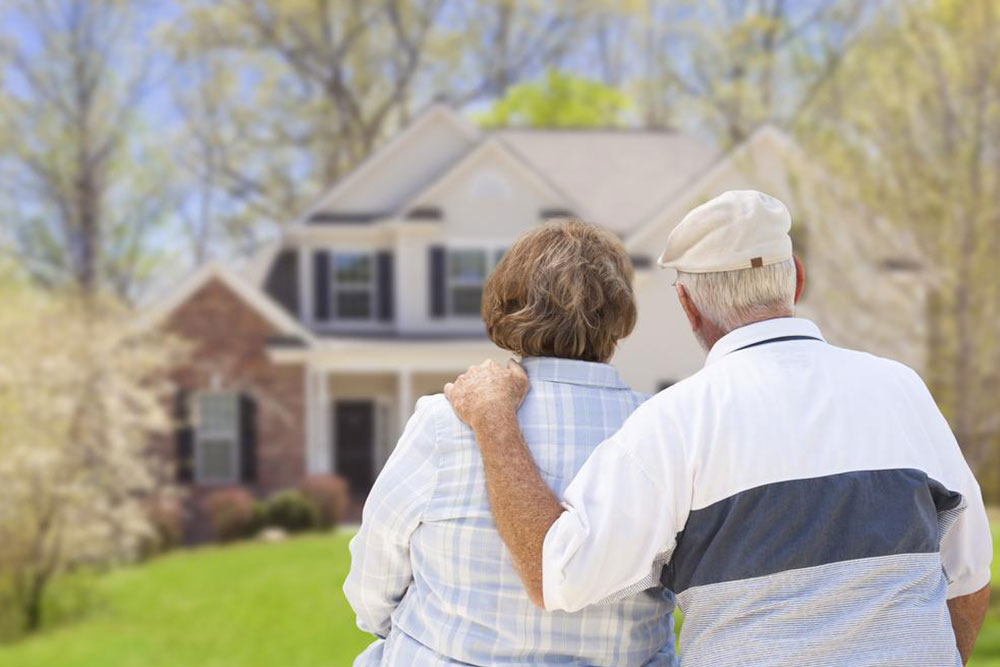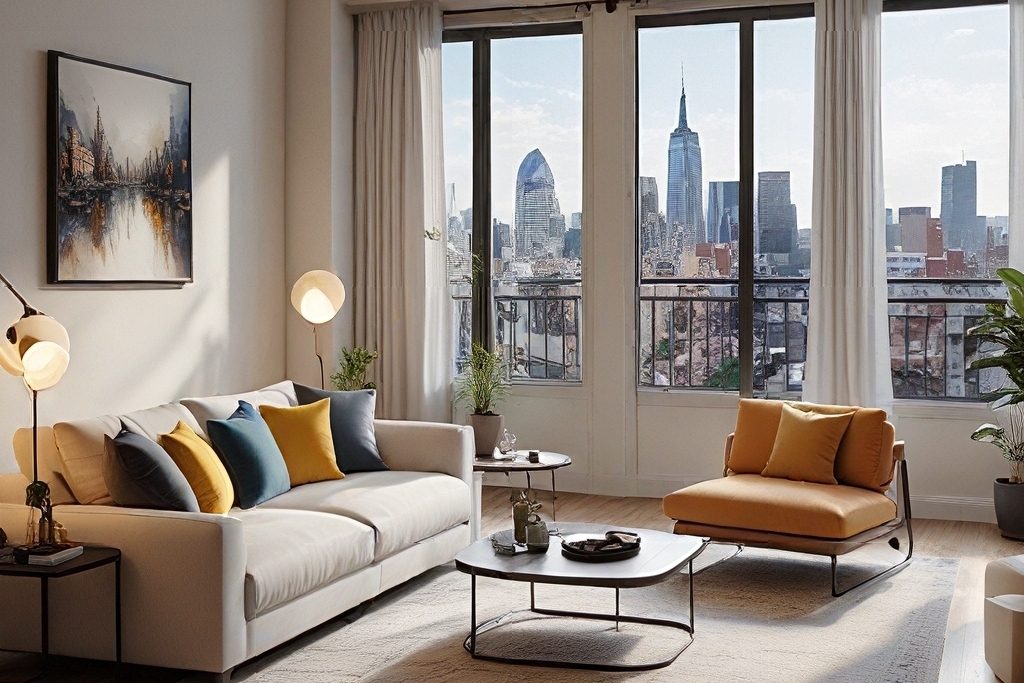Exploring the Advantages of Elderly Care Facilities
This article explains the importance of elderly care facilities, highlighting their services, benefits, and criteria for choosing a suitable home. It discusses why seniors opt for these residences, their features, and distinguishes them from care residences. The importance of selecting a well-equipped, supportive environment for seniors' health and well-being is emphasized, including considerations for special care needs and location preferences.
Exploring the Advantages of Elderly Care Facilities
As people age, their health may necessitate specialized support beyond what a typical home or hospital can provide. Elderly care homes offer essential assistance, making them a vital option for many seniors. Choosing the right facility requires careful evaluation of available amenities and care services.
What is an elderly care facility?
It is a dedicated place equipped to meet the needs of seniors or individuals with health challenges, providing comprehensive care and support.

These facilities employ licensed healthcare professionals skilled in managing age-related health issues and disabilities. They combine home-like comfort with medical services, ensuring residents feel secure and cared for. Many have specialized units for conditions like Alzheimer’s disease, offering tailored treatments. The staff provides various therapies, including physical, speech, and occupational therapy, to support residents’ well-being.
Reasons for opting for elderly care homes?
Several factors influence the decision to move into an elderly care facility.
Advanced age
Seniors over 85 often require ongoing medical care that a care facility can provide, especially for managing chronic health issues.
Limited family support or financial constraints
Those lacking nearby family or financial stability may choose care homes for affordable and comprehensive support.
Reduced social interactions
For individuals with limited social contact, these homes offer a sense of community and belonging.
Physical or mental health challenges
Seniors with mobility issues, cognitive impairments, or mental health conditions benefit from the assistance and structure provided by care facilities.
Geriatric health concerns
Conditions such as frailty, pressure sores, falls, or other age-related syndromes often necessitate expert care available in these residences.
Traits of a good elderly care home
These facilities are equipped to support residents through recovery from surgeries, illness management, and ongoing health needs, ensuring safety and comfort. Furthermore, they foster social engagement, offer nutritional guidance, and include recreational activities, contributing to holistic well-being. Critical care services like hospice, respite, and end-of-life support are also available. Common features include:
Post-operative support
Skilled nursing services
Orthopedic and wound care
Rehabilitative therapies
Respiratory treatments
Antibiotics and IV therapy
Note that while comprehensive, elderly care homes may not match the advanced diagnostic or treatment capabilities of hospitals but often collaborate with specialists for specialized care.
Comparison: Elderly care home vs. care residence
Care residences also assist seniors requiring daily aid, especially those without close family. The main distinction lies in onsite healthcare professionals presence—elderly care homes have registered nurses and medical staff for immediate health concerns, whereas standard care residences may not. Many seniors view such facilities as their last home, so selecting the best environment with ample amenities and peaceful surroundings, even in rural areas, is crucial for a comfortable stay.










